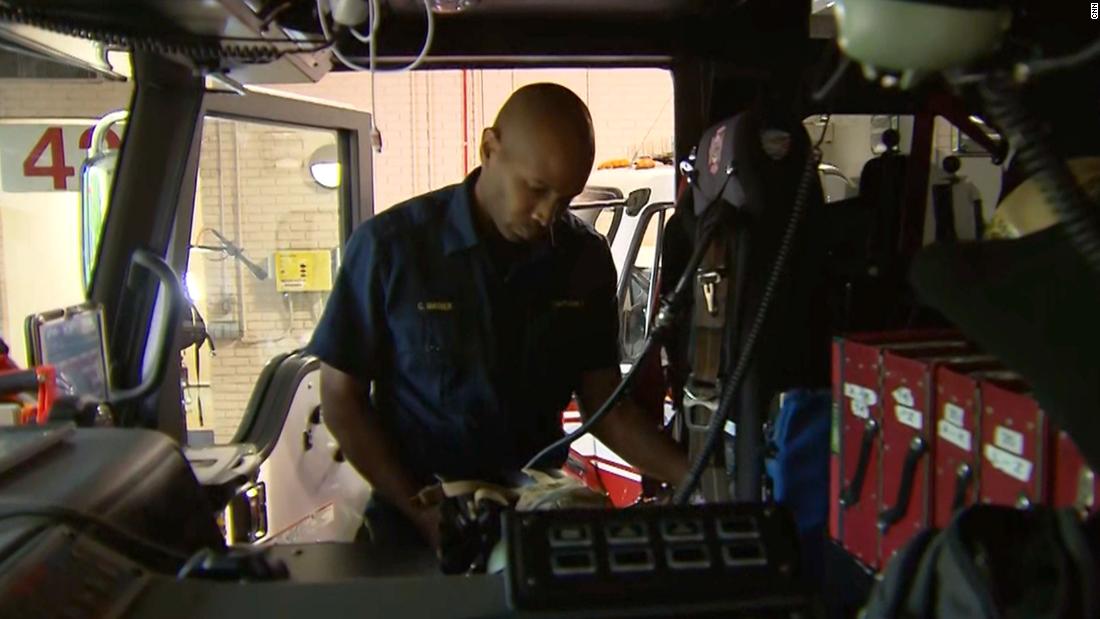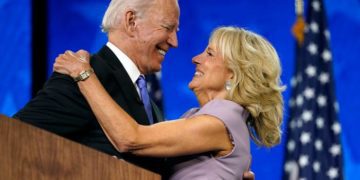[ad_1]
“I was able to be more in touch with my patients who called, because I knew exactly how they were feeling,” said firefighter/EMT Shantice Samuels, who has just returned to work in Washington, DC, after recovering from a case herself.
“When they’re talking to people, the questions they ask put them in better tune with what’s going on,” said Assistant Fire Chief John Donnelly of the District of Columbia Fire & EMS Department, who has also recovered. “The other thing that they’re able to do is provide assurance to somebody and say, I’ve survived this, you can relax, we’re going to get you help, these are the things that are going to happen next.”
And it goes beyond understanding a person’s symptoms, said Capt. Chris Warner, who tested positive with a scratchy throat and a splitting headache, but has since gone back to work with the Fairfax County Fire & Rescue in Virginia.
“I have a greater sense of appreciation for not only, what is the patient going through, but their family, and also the concerns of coworkers,” he said.
He also got a stark reminder of the danger for first responders of getting infected.
“It was a sobering moment,” said Warner. “You know the possibility is there, but for someone to say your test came back positive … was definitely unnerving.”
The risks for first responders like EMTs are considerable. Any patient they treat could be a carrier who infects them with the disease. At least 10 New York firefighters with coronavirus have died, and several thousand more have gotten sick.
“There’s so many of my coworkers who have fallen ill,” said FDNY paramedic Aline Bocanegra Reich. “Me, my partner, many people from my station, my captain — there’s just so many people.”
She is now back at work, after fighting through a tough bout herself.
“I have never been sicker in my whole entire life,” she said.
She is one of more than 3,000 FDNY personnel who have tested positive — endured the symptoms, gone through isolation and beat the disease — and are already back at work.
It is widely assumed that patients who recover gain at least some immunity to Covid-19 as a result of fighting it off, as they do with many other communicable diseases. If survivors have some protection against getting sick again, that would make them the ideal frontline responders, instead of others who would face a higher risk of infection.
Until that’s proven, recovered firefighters are assigned no differently from any other, said Donnelly, who is one of 57 DC firefighters who have returned to work after battling coronavirus.
“To watch them go right back out, like they hadn’t missed a step, and I know inside they had to be worried about it,” said Donnelly. “It was a little emotional for me.”
And for better or for worse, each one who returns, now knows from personal experience what they are facing. Samuels’ partner at Engine Company 32 in Washington, DC, EMT Traes Ceasar, was the department’s first Covid-19 case and is back at work.



















